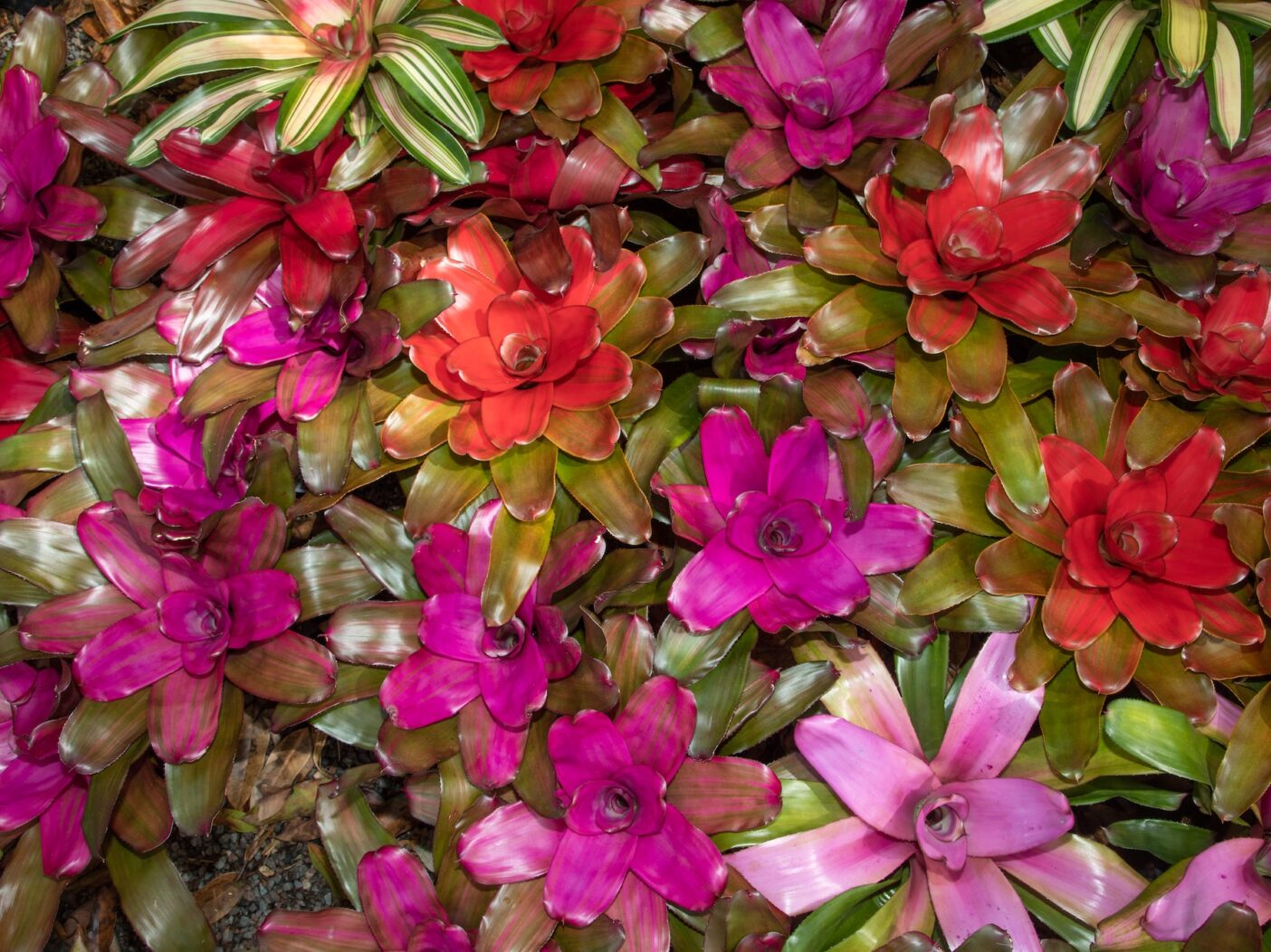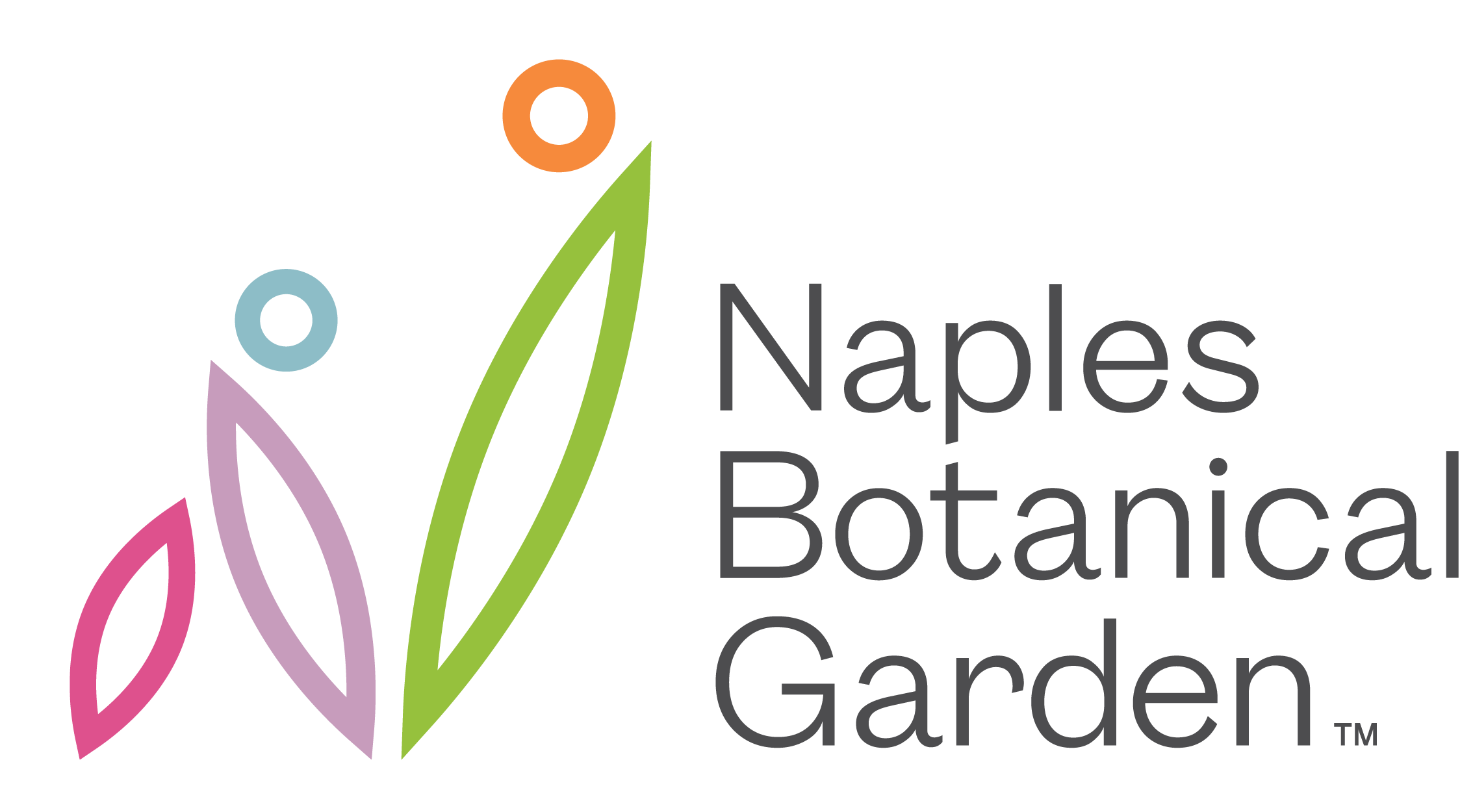
For two weeks, Naples Botanical Garden staff has raked debris, collected broken tree limbs and downed palm fronds, dug out groundcover plants buried under dying leaves. Then, a welcome change: A shipment of hundreds of bromeliads, ready for planting.
Consider it a sign of the Garden’s renewal.
We lost about 20% of the tree canopy and 60% of the understory, which died from salt spray and sudden sun exposure, says Brian Galligan, Vice President of Horticulture. The bromeliads and other low-growing plants will fill in the gaps.
Galligan expects plants to push out new leaves.
“We’ll spring back to life with more vigor and color,” he says.

Nevertheless, despite Mother Nature’s efforts to rebound and ours to replant, we will be a changed Garden.
“The nonfrequent guests will not notice many of the removals and losses, but the avid visitor will understand what’s missing,” Galligan says. He’s looking for opportunities to plant new trees and develop new viewsheds. The Garden, after all, is ever changing.
Fairchild Tropical Botanic Garden sent staff teams across Alligator Alley to help. They raked, planted, and hauled alongside our team. They brought botanical gifts, too, to help make up for our losses.
“We’re continuing our long tradition of plant exchanges,” says Chad Husby, a botanical horticulturist at Fairchild whose title is “Chief Explorer.”

His garden donated palms from the Caribbean, a Clusia from Brazil, a Euphorbia from Madagascar — and a rare gift, a clone of a cycad dubbed “The Loneliest Plant in the World.” It is an Encephalartos woodii, and the only plant of its kind known to exist. It cannot reproduce because there is no known surviving female, but it can be cloned. Several large botanical gardens around the world have E. woodii propagated from the original.
“Until now, Fairchild was the only public garden in Florida to have one. Now, you have the second,” Husby says.

There is still much work to be done before we are safe and ready to reopen. We’re draining and cleaning out our small pools and ponds that were clogged with decomposing leaves, re-assessing trees to ensure they are structurally sound, and continuing to clear debris.
Our horticulturists, conservationists, and operations specialists are getting extra help from Garden educators and Visitor Services staff. That includes Eleanor Zelek, an Educator, who says she was grateful the Horticulture Team entrusted her with tasks that were well outside her typical purview. She was soaking in all that she was learning about our collections and their care.
“This will really inform what I do as an educator,” Zelek says.
 About the Author
About the Author
Jennifer Reed is the Garden’s Editorial Director and a longtime Southwest Florida journalist.


